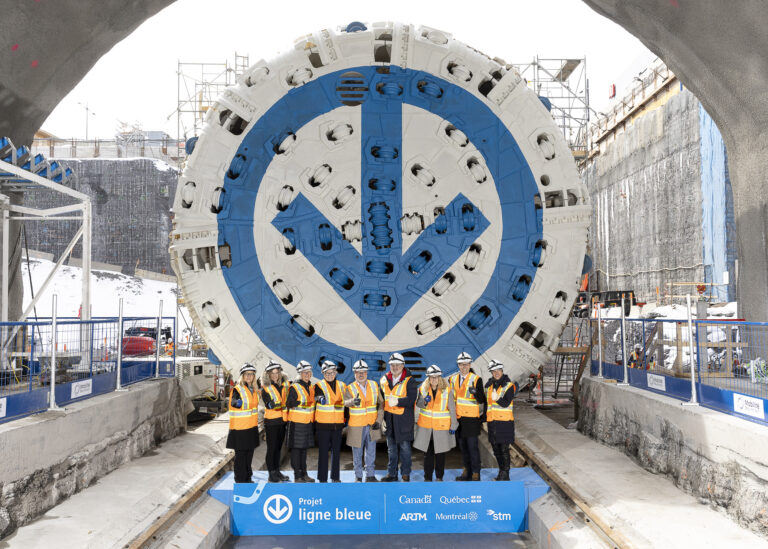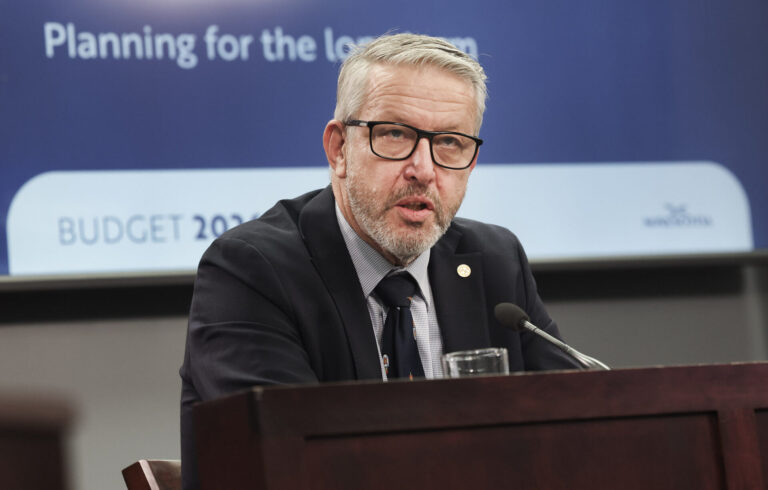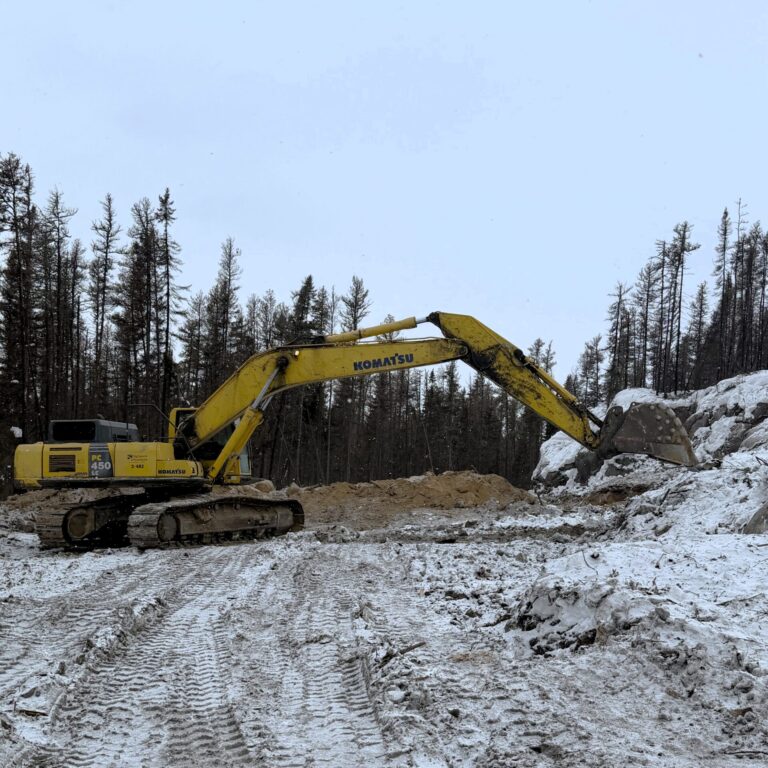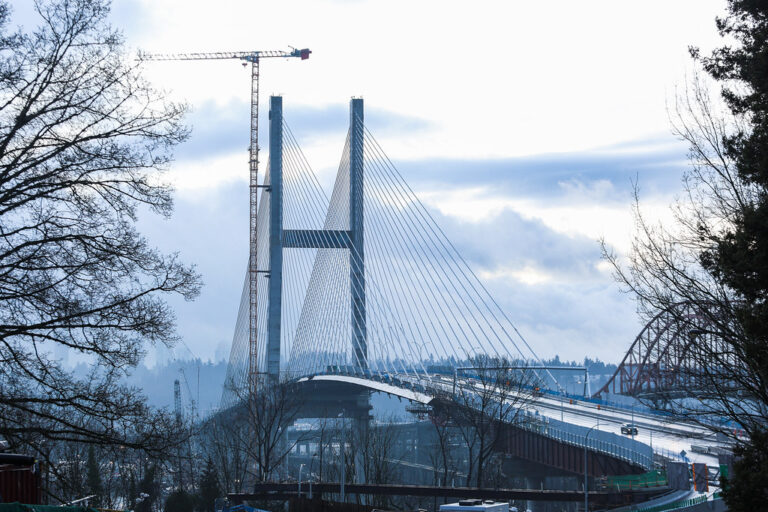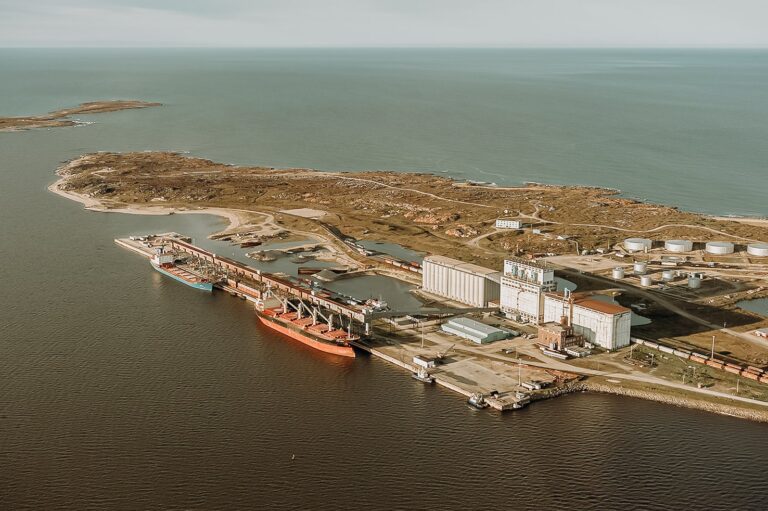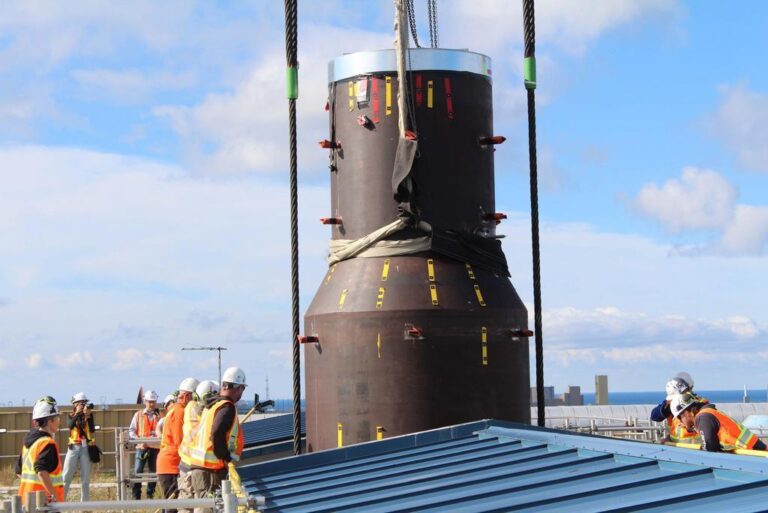The Government of British Columbia announced that major infrastructure projects will be built faster in B.C. as the Province aims to speed up permitting and approvals through new legislation.
On Thursday, May 1, 2025, government tabled the Infrastructure Projects Act to deliver key infrastructure projects that deliver the schools, hospitals and other core services people rely on quicker, as well as provincially significant projects delivered by the private sector that are needed to drive economic growth.
“At a time of uncertainty caused by Donald Trump’s tariffs, it’s more important than ever that we create more good-paying jobs by delivering the critical infrastructure projects people need – faster,” said Premier David Eby. “We are building a record number of new schools, hospitals and major transportation projects across B.C., but too many others face unnecessary and costly delays. This legislation is designed to speed up permitting and approvals to get shovels in the ground more quickly on priority projects.”
In the past few years, B.C. has welcomed an extraordinary number of people, underscoring the need to reduce delays for urgently needed projects. This legislation is part of work underway across government to deliver projects faster, protect the public services people rely on and strengthen B.C.’s economy through uncertain times.
“We created the Ministry of Infrastructure to streamline delivery of provincial capital projects and ensure faster delivery of cost-effective, high-quality generational investments for people in B.C.,” said Bowinn Ma, Minister of Infrastructure. “This legislation is the next step forward. As we work to deliver projects faster, this gives us the tools to accelerate key projects and help strengthen our province, while maintaining our commitments to advancing reconciliation and protecting the environment.”
If passed, the infrastructure projects act will support the work of the ministry by:
- speeding up approvals for priority provincial infrastructure projects, such as schools and hospitals. The act can also help speed up approvals for other projects designated as provincially significant, including those delivered by other partners;
- prioritizing and accelerating provincial permitting for provincial and other designated projects, including developing a qualified professionals reliance framework;
- allowing an expedited environmental assessment process so designated projects can be reviewed more quickly without compromising B.C.’s high environmental standards;
- establishing a framework for alternative permit authorizations, through an agreement-seeking approach with local governments, to get shovels in the ground faster for provincial and other designated projects;
- putting the authority of the new ministry into law so it can carry out its roles and responsibilities, such as policy development, project planning and prioritization, land acquisition, and procurement for vertical provincial projects;
- enabling the ministry to work with school districts, health authorities and post-secondary institutions to deliver some projects on their behalf. This will allow government to group multiple projects into a single procurement or allow government to purchase project components for multiple projects at a single time; and
- working collaboratively with schools, health authorities and post-secondary institutions will ensure projects are delivered efficiently and cost-effectively.
In addition to provincial infrastructure projects, such as schools and hospitals, the legislation could streamline approvals for a limited number of other provincially significant projects that are delivered by other partners, such as Crown corporations, local governments, First Nations, and private proponents.
To be designated as provincially significant, a project would need to create significant economic, social or environmental benefits for people in B.C. and significantly contribute to provincial priorities such as food security, critical mineral supply, replacement of U.S. imports and disaster recovery. Criteria for the designation of projects of provincial significance will be released in the coming weeks.
The Independent Contractors and Businesses Association (ICBA) expressed concern about the Act, saying that while the legislation acknowledges the problem of permitting delays, it does not go nearly far enough to address the underlying issues choking investment and infrastructure construction across the province.
“The irony is impossible to ignore: the NDP has had to create an entire new ministry and pass legislation just to cut the red tape they created in the first place,” said Chris Gardner, ICBA president and CEO. “Yes, permitting delays and red tape are slowing down schools and hospitals, but they’re also slowing down homes, roads, energy, bridges, and every other type of construction. This should have been an across-the-board fix, not a narrowly focused government workaround.”
Featured image: Bowinn Ma, B.C.’s Minister of Infrastructure (left), and Premier David Eby. (BC Government)




